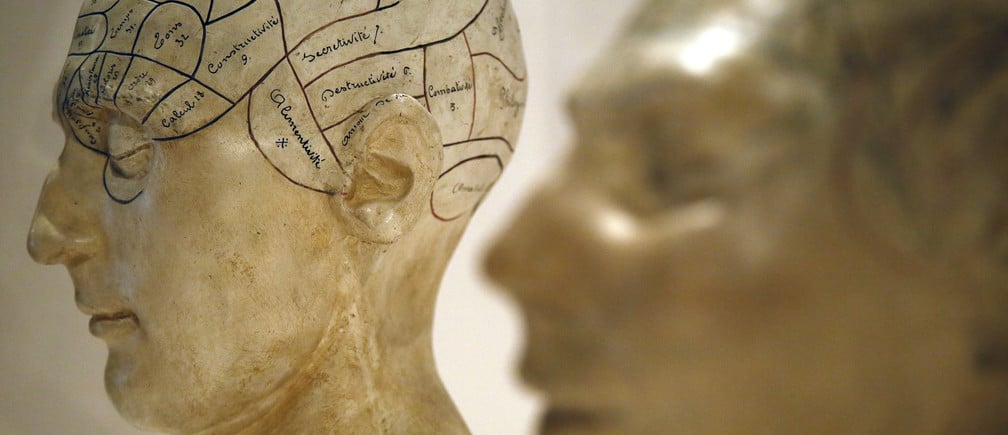The discussion of human consciousness is renowned for its tendency to be problematic and polarizing depending on the circles participating in the conversation. Western philosophy has attempted for centuries to unravel the root of consciousness with a definition that satisfactorily comprehends the mystery of it, whilst ignoring all of the mechanisms that are seemingly unrelated. It’s tricky business and there is still strikingly little consensus in the mainstream western scientific community as to what it actually means. That is not to say that there are not firmer viewpoints held by various wisdom traditions that have a more poetic, quantum or metaphysical understanding. What is it exactly that qualitatively distinguishes our human experience from the experience of an automaton that’s simply absorbing information from the external world and reacting to it?
The cognitive neuroscientist Julian Paul Keenan once claimed that he’s “actually seen researchers almost turn to fisticuffs to settle on the true definition of consciousness”. However, it can generally be agreed that when we refer to human consciousness, we refer to a relationship between experienced phenomena and awareness – human consciousness is viewed by some as the ability to think about our own thoughts.

The “where” of consciousness has also been contested almost as much as the “what” throughout history. Descartes proposed in his Treatise of Man that the pineal gland was the epicenter of the human soul (and consciousness), largely due to anatomical assumptions that were later proved false – we aren’t the only creatures who have it and no, it doesn’t actually happen to sit on ventricles that deliver animal spirits to the area. Descartes’ perspective – however damned by history – was a sophisticated start and has absolutely spurred the hunt in neurology and philosophy alike for the physical root of human consciousness. Richard Watson once stated that if Descartes “were alive today, he would be in charge of the CAT and PET scan machines in a major research hospital”. In fact, a Harvard research team have recently done just that and found something incredibly interesting.
A team of researchers and neurologists at Harvard Medical School and Beth Israel Deaconess Medical centre has garnered a great deal of attention for their findings in pinpointing a “network of consciousness” in the human brain. The researchers were exploring the connection between arousal and awareness (two of the fundamental components of consciousness) by analyzing 36 patients with brainstem lesions, 12 of whom were in a coma as a result of their injury. The brainstem is thought to be the main source of regulation for arousal for the basic mechanisms pretty low in the evolutionary chain, such as sleep cycles and cardiac rates. By mapping the injuries of all the patients, the researchers discovered a specific area that was significantly associated with coma (i.e. total lack of consciousness).

Using a wiring diagram of the brain, the researchers were able to identify the areas of the brain that were connected to these coma-causing lesions. Rather fittingly, the associated areas that the researchers pinpointed had already been related heavily to arousal and awareness.
To put their network to the test, the researchers observed another subset of patients in MRI scans who had impaired consciousness and astoundingly found the same disruptions in their freshly-mapped consciousness network. Co-author of the study, Aaron Boes, points out that reconsidering comas as a disorder of the network “presents possible targets for therapy, such as using brain stimulation to augment recovery”. Will it eventually be possible for us to wake up patients from a vegetative state?
One of the primary researchers, Professor Fox has stated that the research has a long way to go and the next step is attempting to find overlapping networks and evidence from previous studies. However, this study is a major step and it seems as though the Harvard team may well be on the way to solving one of the greatest mysteries of human thought.

